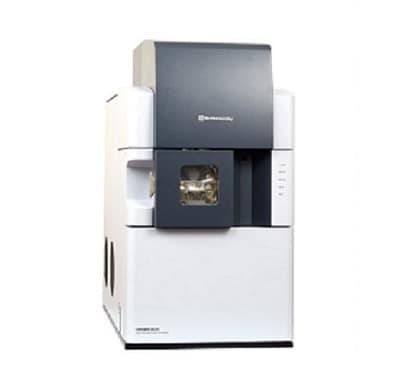15 Second Screening Analysis of Cyanide in Blood Serum Without Pretreatment
Recent years have witnessed an increasing trend in incidents of crime and poisoning involving various legal drugs and toxic substances. The diversity in the types of used substances has lead to such incidents becoming a social problem. In the fields of forensic medicine, forensic toxicology, and critical care, finding and identifying causative agents is a problem that requires establishment of an analysis method that is both quick and highly sensitive. There is also growing demand in these workplaces to further simplify the complex pretreatment processes and instrument operations as well as to increase analysis speed. While various analysis instruments have been utilized until now for analyzing specific components in blood, most instruments require complex pretreatment, such as extracting the target component from blood. What is needed is a screening method that best reduces the time and labor required to perform analysis. Probe electrospray ionization (PESI) is a direct ionization technique that ionizes sampled target components by sampling samples using an ultrafine and minimally invasive probe and applying high voltage to the probe tip. This technique enables sample analysis without the need for a chromatograph. The DPiMS-2020, which combines PESI with a mass spectrometer, is suitable for simple screening analysis because it enables quick analysis of target components in samples without pretreatment regardless of whether samples are in liquid or solid form. This article introduces a rapid screening method for detecting cyanide in blood serum that does not require pretreatment by utilizing the DPiMS-2020 and In-Source CID.

DPiMS-2020
The DPiMS-2020 is a single quadrupole mass spectrometer based on using probe electrospray ionization.




